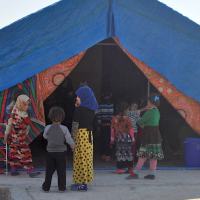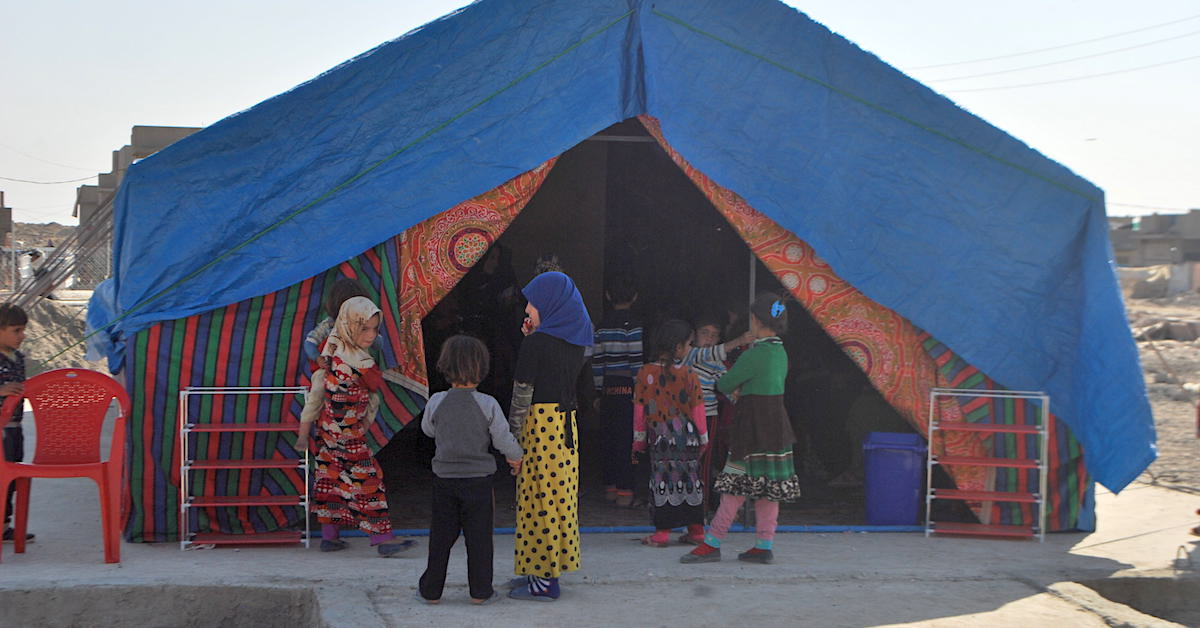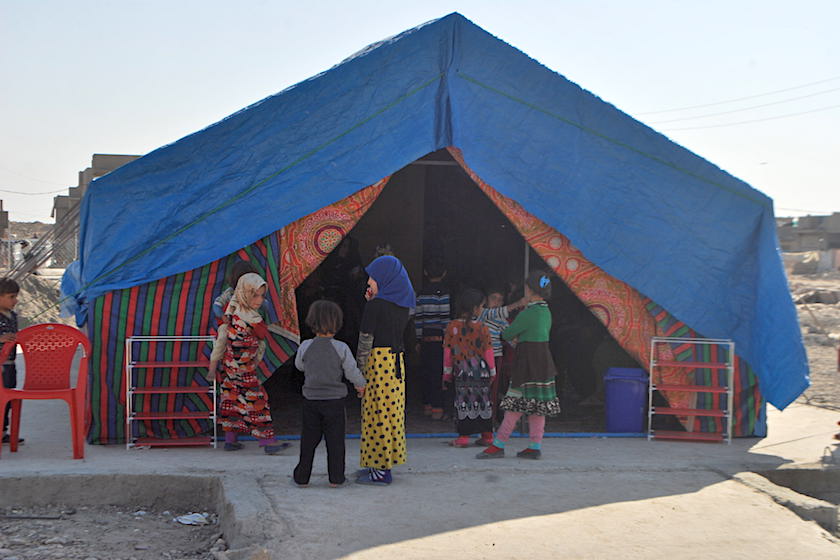
There is a place in Iraq called “Dream City.” But for many of the refugees who took shelter here after ISIS, it felt more like a nightmare.
Earlier this year, you helped provide water here for displaced families who found shelter in this unfinished housing development in northern Iraq.
The water mains were already in place, installed by the municipality in the early phases of construction. The municipality was willing to provide water to displaced families at no cost. The only thing missing was a means of storing water. You stepped in and filled that gap, providing water tanks and a simple solution for people in a desperate situation.

Since we last reported on the informal refugee camp at Dream City, the numbers of displaced families has continued to swell. Nearly 8,000 people now call this collection of raw concrete structures their temporary home. Unsurprisingly, a group this large has overwhelmed the local government’s ability to meet needs.
So the local board of health came to us, asking for help in meeting health needs here. You allowed us to say yes.
In our years of serving displaced people, we commonly encounter three main sets of medical needs:
1. Emotional and physical stress responses following severe trauma.
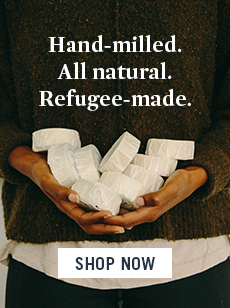
2. Diseases and injuries from living in close quarters with little means—things like rashes, scabies and lice, and burns from falling into heaters or cooking fires.
3. Normal illnesses and chronic health problems you find in every group of people. Winter colds and flu spread quickly among displaced communities. Those with conditions like diabetes, kidney disease, or high blood pressure before being displaced find it extra challenging to get adequate care.
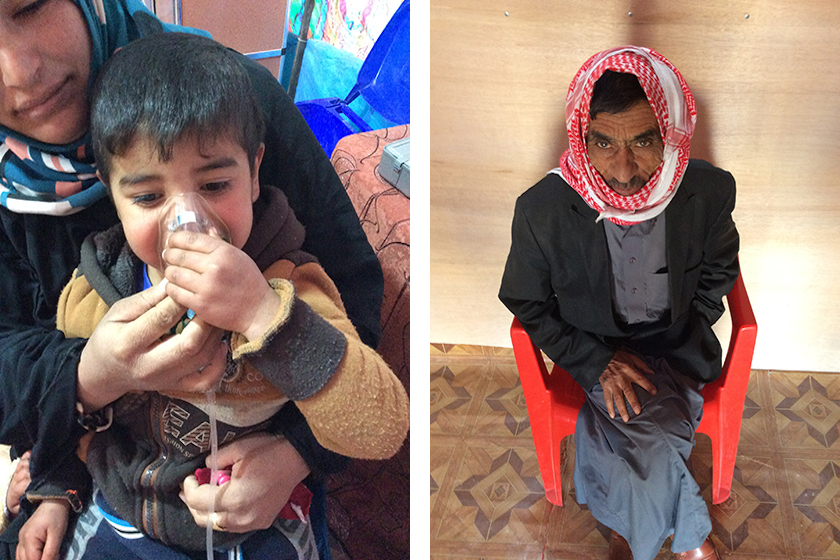
With your support, a small coalition was formed to meet a wide range of needs—not only for displaced families in Dream City, but also families in the surrounding area.
They now call it the Peace Zone.
The medical team that served the needs of families fleeing ISIS at a military checkpoint this past summer has since relocated to Dream City. They were joined by medical professionals trained to give care in pediatric, geriatric, and maternal health and social workers trained to help with mental health needs.

A group of Iraqi medical students from a nearby university are also lending a hand, allowing each patient more time to be heard. Student volunteers are gaining practical experience as they study, their medical education being formed by the real world outside of the textbooks.
Continuing to go where the people are—not waiting for them to come to us—is giving us access to those who would otherwise fall through the cracks.
Listening to local concerns allows us to meet real felt needs. And forming a coalition at Dream City enables us to provide the kind of services normally available only at huge, formal refugee camps.
This is the way you continue to show up in Iraq and Syria. We wanted you to know.

